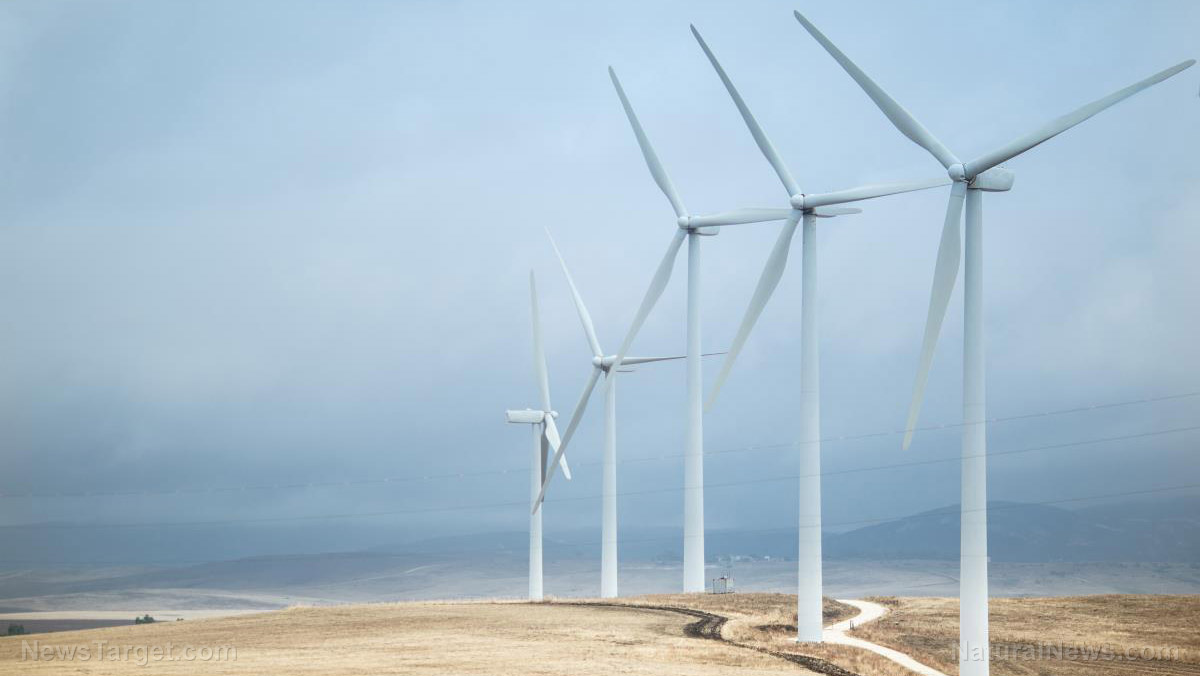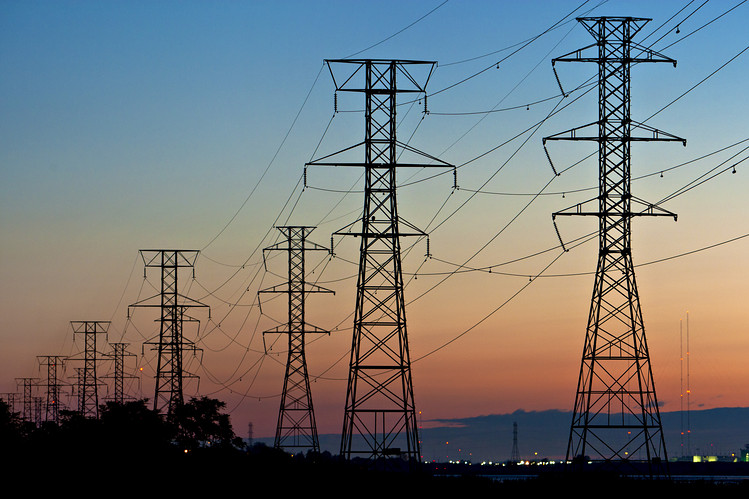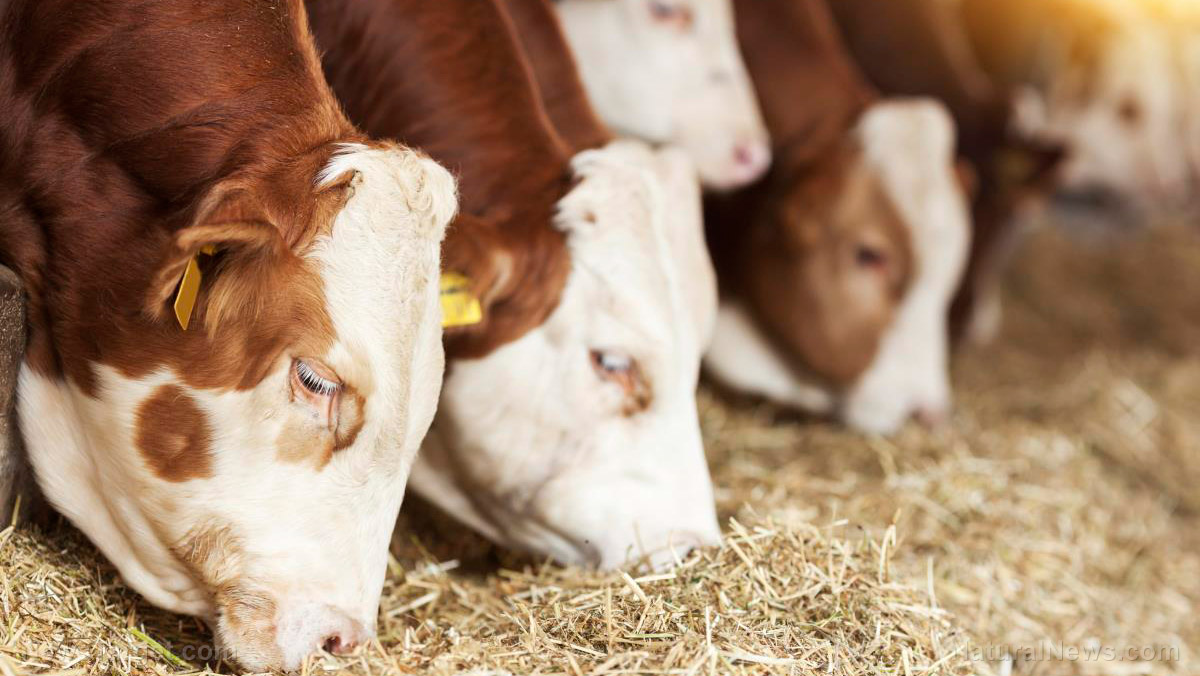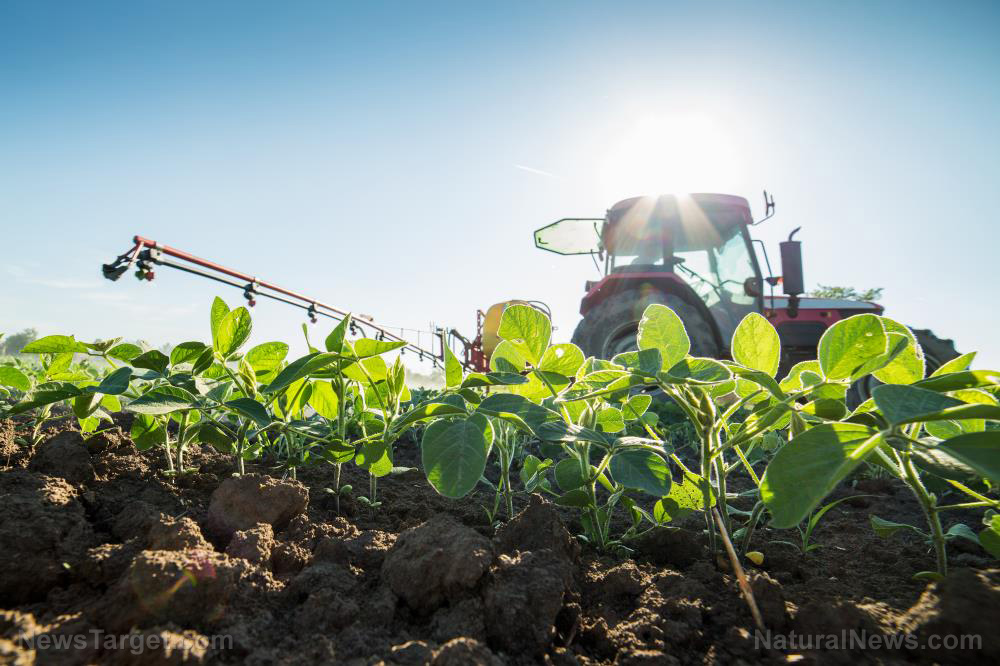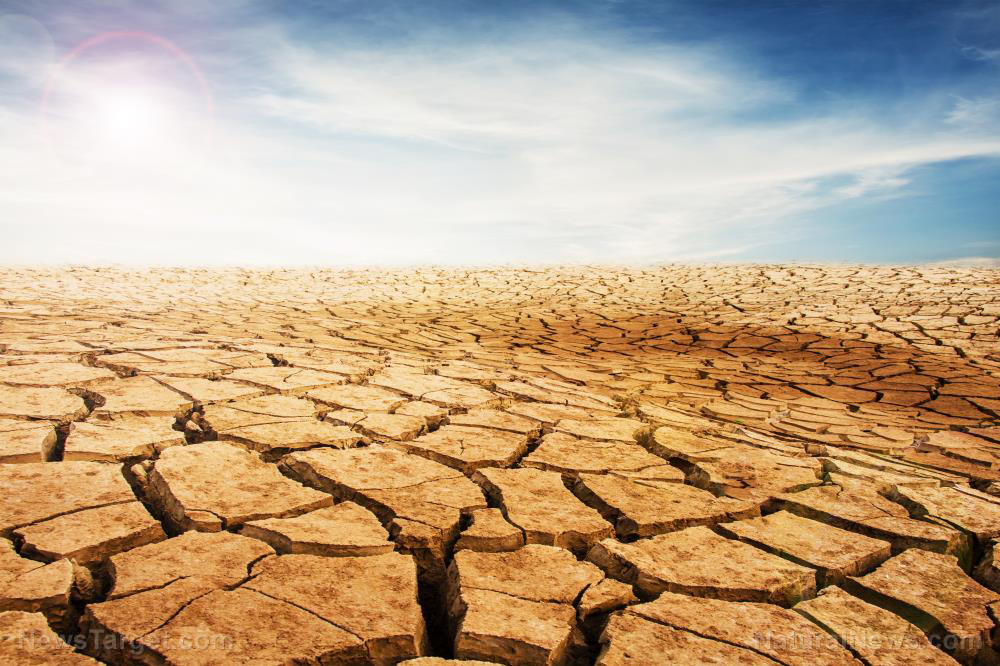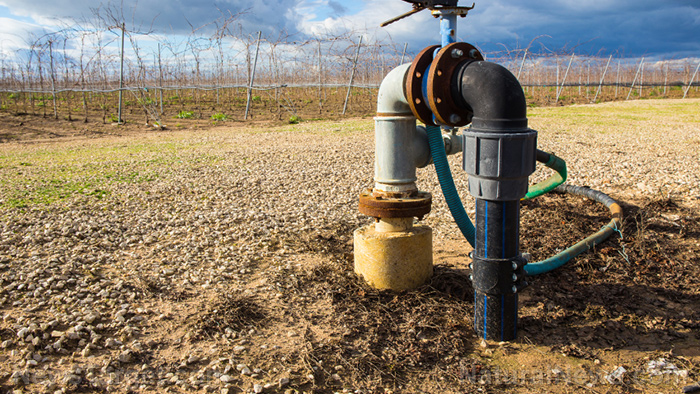Food prices soar as abnormal rains, floods in Australia wipe out more crops
07/13/2022 / By Mary Villareal

Heavy rains are wiping out more crops in Queensland, Australia, causing food prices to skyrocket – particularly those of fresh produce.
There has been a lot of rain across parts of the state in what the Bureau of Meteorology describes as abnormal conditions for this time of the year.
Cross Family Farms, one of the largest fruit and vegetable growers in Australia, is recording major losses from their beans and tomatoes on its Bundaberg farm.
“A lot of our beans have all died because of the wet weather, so that’s probably our most impacted. Those and the snow peas,” said Trevor Cross. “Zucchini plants are in the ground, but they don’t like the rain. The harvest drags out a lot because it’s too cold for them to grow.”
Other problems include cracking in the tomatoes and leaf diseases.
Cross warned that supplies would be affected in the coming weeks and months, and prices are expected to rise. (Related: Killer floods in Europe give the world a glimpse of chaotic future.)
Cross Family Farms is not the only one with issues. April Elazzi, co-owner and manager of Star Fresh Fruit Market, said wholesale prices were already going up, and it still remains unclear how high they would reach. Zucchinis are already double their price at about $80 per box at the markets, while snow peas have hit around $40 per kilo.
Strawberries are due for harvesting, but Bundaberg grower Michael Meiers said his farm received 40 millimeters of rain in recent days. With the strawberries blistering and absorbing too much water, they become slimy to touch, which means that his farm got a total loss of the week’s fruit.

Meanwhile, there is already a supply shortage in Queensland due to the wet weather delaying the start of the May harvest, and Meiers expects that the rain will worsen the situation.
He estimated his losses for the season to “easily” reach $200,000 with his plants wiped out by rain and disease.
While they planted 120,000 plants for the year, the rain damaged two-thirds, leaving them with around 40,000. Meiers said they may be able to recover some of the strawberries for jams and sauces, but only a small percentage will be good enough for that, as well.
A perfect storm to spoil crops
The prolonged wet weather, recent cold snap and cloud cover have created the “perfect storm” for spoiling crops in the south.
David Freeman of Freeman’s Organic Farm in Currumbin Valley said he already lost around 70 percent of his custard apples and is losing many of his avocado trees as well.
There had been a lot of damage to his vegetables and leafy greens because the soil had been wet, but he discovered even more problems for his fruit plants.
“Because of the saturation of the soil, lack of sunshine and cold temperatures, we have started to lose avocado trees through Phytophthora, a soil fungus,” he said.
With over 2,000 millimeters of rain since the beginning of the year and only 42 days of sunshine so far, he said crops will be affected industry-wide. Avocado growers in the hinterland, Tamborine and the New South Wales (NSW) Northern Rivers have all been affected. (Related: Real-life prepper moment: Midwest flooding shutting down roads and highways, making it impossible to restock store shelves.)
NSW Farmers Association President James Jackson said several farms have been “wiped out” by the devastating NSW floods, which is concerning as about $1 billion worth of product comes out of the Sydney basin, with production out of those specific areas getting impacted.
“Certainly some of the suppliers of some fruit and vegetables in Sydney will be crimped a bit. And when supplies reduce, the prices go up, so there will be price implications,” he said.
AusVeg, the national body for vegetable growers, also said that it was another blow for the industry as growers in many parts of Australia deal with the severe weather events.
“Growers all over the country are also facing severe increases in the cost of production, with global economic factors and supply chain issues resulting in increased costs of critical farm inputs, including fertilizer, fuel and chemicals as a result of global shipping issues and the war on Ukraine, as well as wages pressure due to the shortage of labor in Australia,” AusVeg’s Shaun White said.
Watch the video below to see the extent of flooding in Australia.
This video is from the Covid Times channel on Brighteon.com.
More related stories:
Biblical flooding devastates mainland China.
A global food shortage “catastrophe” is unfolding, warns UN chief.
Hawaii declares state of emergency following heavy rains, severe flooding.
Mississippi farmers say heavy flooding caused them to lose crops.
Sources include:
Submit a correction >>
Tagged Under:
agriculture, Australia, chaos, Climate, Collapse, crop damage, crops, environment, extreme weather, floods, food collapse, food inflation, food scarcity, food shortage, food supply, harvest, heavy rain, natural disasters, panic, supply chain
This article may contain statements that reflect the opinion of the author


